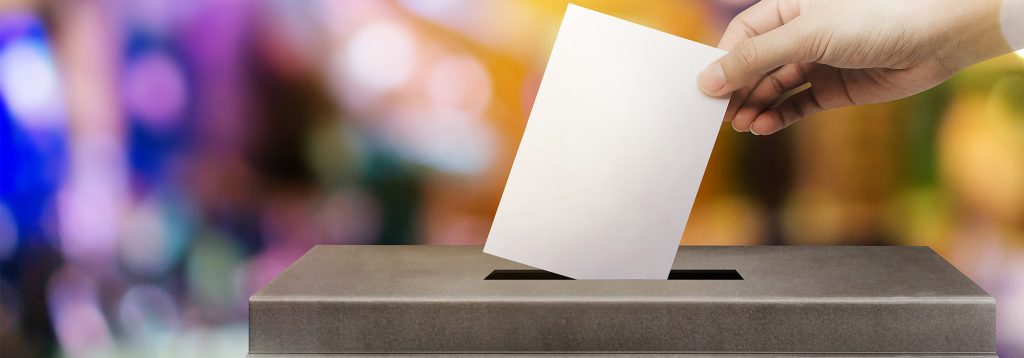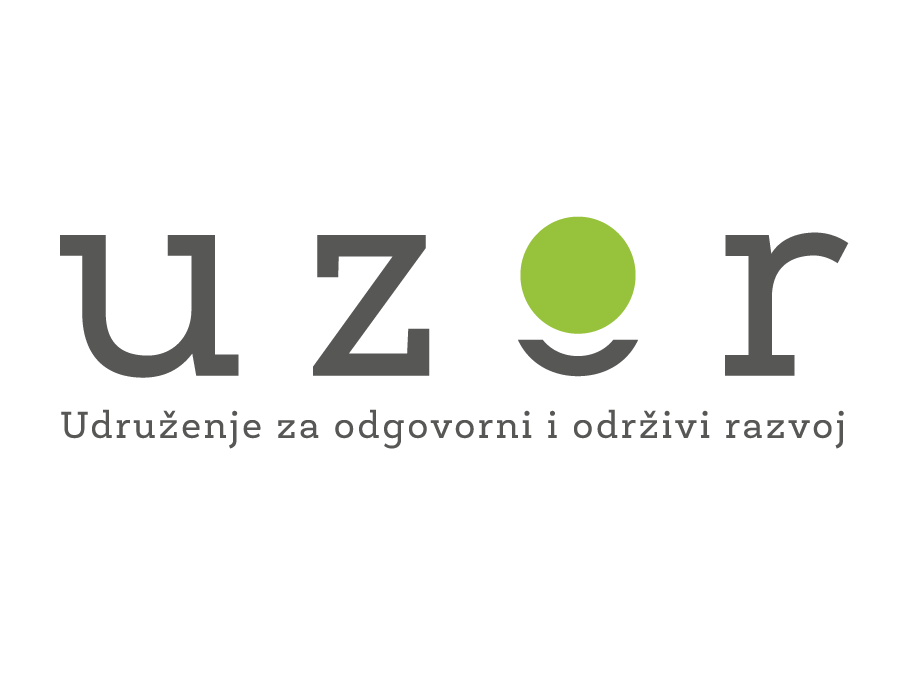The Center for Democratic Transition (CDT), the Association for Responsible and Sustainable Development (UZOR) and the Association of Disabled Youth of Montenegro (UMHCG) will implement the project “Electoral reform in focus: It’s time!” with the key goal to finally implement the reform of all segments of the electoral process – after several unsuccessful attempts lasting almost a decade – and to take a step forward, towards a democratic electoral process, in accordance with international recommendations and standards.
We are implementing the project with the support of the European Union (EU), through the EU Delegation in Montenegro.
We appeal to the newly formed Committee for Comprehensive Electoral Reform (Committee) to start as soon as possible with dedicated and efficient work, which should lead to significant improvements of all laws concerning electoral processes. Members of Parliament have a great opportunity to finally put an end to the practice of putting political interests ahead of the interests of the democratic community, and to do through open and honest dialogue what the previous convocations of the Assembly, in the last ten years, did not have the political will to do.
We believe that the time has finally come to achieve the depoliticization and professionalization of the electoral administration, better protect electoral rights and increase the transparency and accuracy of the voter list, as well as the up-to-dateness of the registers from which it is derived. Then, the control over the financing of election campaigns should be significantly improved, the abuse of public resources should be sanctioned and the normative regulations regarding election silence should be improved. The undoubted need is for citizens to finally get the opportunity to vote on open lists and the possibility of individual candidacies, to achieve better guarantees of affirmative action for minority communities and women, to achieve full accessibility of the electoral process for persons with disabilities, and to solve many other burdensome issues a process such as media coverage of elections with full protection of media freedoms.
We will support the work of the Committee and, in cooperation with experts from various fields, prepare a series of analyzes that will contain proposals and recommendations for improving election laws. Among other things, it includes analyzes of election administration, protection of voting rights, participation of persons with disabilities in elections, illegal foreign influence on elections and others. We will also carry out trainings that will focus on legal regulations, rules and procedures of the electoral process with special emphasis on PWDs, but also on all other vulnerable categories of society, such as Roma and Egyptians. Furthermore, we want to contribute to the dialogue on the electoral reform and therefore we will organize several events with MPs, citizens and the media and we will broadcast podcasts in which we will discuss the details of the electoral reform. We will also organize a conference on the topic of electoral reform, where we will have the opportunity to hear the opinions of all interested parties, including representatives of the international community.
Our first activity, after the start of the work of the Board,will be an initiative to expand his jurisdiction, because during the preparation of the decision on his education, an oversight was made, so the scope of work did not include the Law on the Election of the President of Montenegro, nor a set of media laws whose parts, and how, concern electoral processes. Also missing is the necessary analysis of the Law on Local Self-Government, the Law on the Constitutional Court and some other legal texts that are very important for regulating the electoral process.
The new negotiation framework for Albania and North Macedonia envisages a stronger focus on fundamental reforms, as well as the functioning of democratic institutions. In that part, special attention is paid to the integrity of elections, their financing, media coverage of them and disinformation in electoral processes. These are the steps that Montenegro skipped, and to which sooner or later it will have to return in order to meet the political criteria of the EU.
That is why we believe that the electoral reform and the work of the Committee is an ideal opportunity to adopt this important European standard. We also hope that the Board will achieve full transparency and openness in its work, and that after the quick election of associate members from non-governmental organizations and the academic community, who will constantly participate in its work without the right to vote, it will find space for all experts for some specific parts of all laws regulating certain parts of electoral processes.
With our activities on the project, we want to show once again that civil society is a constructive and active partner in reform processes and that there is almost no segment of the electoral process for which we do not have concrete proposals for improvement.
Dragan Koprivica, executive director of CDT
Marko Pejović, program director of UZOR
Marina Vujačić, executive director of UMHCG





